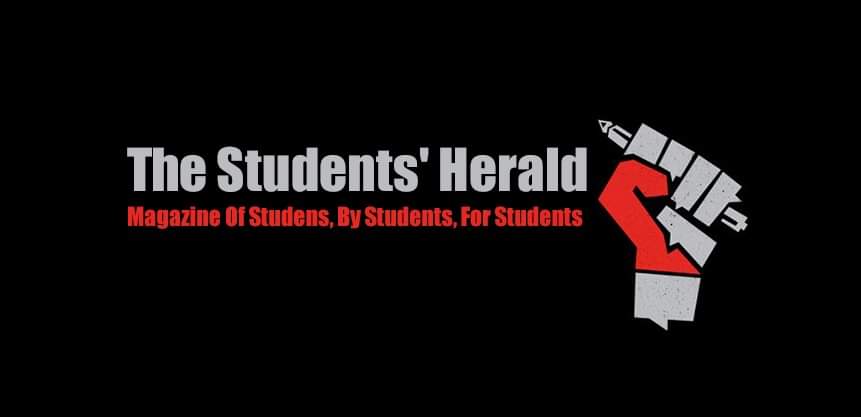Which side of the barricade are you on?
Maxim Gorky posed this question to the Russian intelligentsia during the nineteen-thirties when fascism was rampant in Europe and yet, it is still relevant for us today.
In Pakistani living rooms, politics is an unending debate, more-so a realm dedicated to the elderly. I, for one, remained a silent observer for most of my early teenage years. Though I found the conversations intellectually stimulating, my questions were discouraged, and I was not allowed to partake in these “mature debates.” It did not take me long to realize that to educate myself, I must arm myself with knowledge, a range of viewpoints and perspectives, unlike the living-room critics who had a rather adulterated opinion on a wide range of topics.
In Pakistan, the situation remains no different; the media is editorially controlled by the state and effectively works on the hypodermic-syringe model.
Ideas of the enlightenment have had a great impact on me, affirming my faith in democratic principles and civil liberties. Enthused by how the twentieth century has been marked by an escalation of claims and struggles in the face of appalling rights violations, I was prompted to explore texts on the rise of fascism including Hannah Arendt’s The Origins of Totalitarianism. While keeping abreast of current affairs, I astutely compared and contrasted between the times of the past with those of today.

The pervasive rise of populist rhetoric in Southeast Asia is substantially in consonance with the fascist sentiments witnessed in Western Europe before the outbreak of World War 2. The autocratic-leaning populist leaders, placing severe constraints on freedom of expression and exercising strict censorship, undermine the trust of the masses in institutions. In Pakistan, the situation remains no different; the media is editorially controlled by the state and effectively works on the hypodermic-syringe model. Whether it be censoring the nation wide Aurat March or the extreme biases TV channels have over political parties, the state continues to retain an element of plausible deniability in matters concerning the media and military.
Living in Pakistan, resonates with the traditional Chinese curse, “May you live in interesting times.”
In our apocalyptically unequal society illiteracy, hunger and poverty are rampant, while religious fanaticism and dogmatism hold sway. The future potential can only be realized through the politicization of the youth which is often subdued and, if politicized, are only injected with mechanisms of cooptation, indoctrination, and repression.
For the youth to be the change of tomorrow, serving humanity needs to be the duty not a facade masked with vested political and personal interests.
Indoctrinated beliefs within Pakistanis remain integral as little work is done to inculcate analytical skills and the ability to question commonly held beliefs within the masses. More so, if anyone dares to deter and challenge what is against the normativity, one must face dire consequences. The political leaders of change are not sitting in National Assemblies rather holding sit-in protests for the missing Baloch students. There remains hope as long as empowered individuals continue to amplify their voices on issues swept under the rug.

There remains little hope, considering budget cuts in the Higher Education Sector, plummeting standard of education, and distorted accounts of history, that we may break the shackles of indoctrination.
Across the nation and on most dinner tables, children are silenced to speak out against the injustices of the system. The solutions to our world problems do not lie in the hands of men on roundtables rather the children growing up in this flawed society. In order to choose the right side of the barricade, we must equip ourselves and those that are less fortunate to have access to luxuries like ours with the right knowledge and a platform to amplify their voice.


